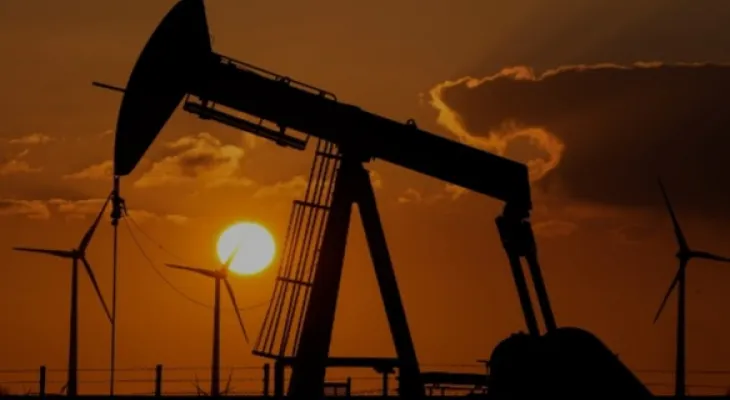Search here
Newspaper
Search here

Arab Canada News
News

Published: October 22, 2022
EU leaders struggled to find immediate practical solutions on how to deal with the energy crisis, but they avoided an open split between Germany and France on Friday that would have exposed a divided bloc at a time when Russian President Vladimir Putin faces challenges over his war in Ukraine. After talks that lasted a day in Brussels, early on Friday, the 27 EU leaders covered divisions among some of the largest member states and at least agreed to continue working on ways to impose a cap on natural gas prices in case of volatility. French President Emmanuel Macron also highlighted his work with German Chancellor Olaf Scholz to create a veneer of unity. He said, alongside close technical advisors, "I will meet Chancellor Scholz in Paris next week so we can move forward, with our teams, on all issues." Scholz also stated that the main issue was curbing "spikes" in gas trading that may last only a few hours but still push prices up excessively. He continued that measures to tackle this must undergo further study, but he insisted on his doubts regarding a fixed price cap. By Friday afternoon, Macron and others were happy to point to the gas market's reaction to the news, with prices falling about 11% the same day after rising 13% on Thursday, when the summit's outcome was highly uncertain. Macron said: "The challenge we face was ... lowering gas and electricity prices and staying united. For me, both goals have been achieved." However, gas prices have steadily fallen since record highs in August, when EU member states competed to outbid each other to fill national reserves. Just this week, they fell nearly 10% on Monday and more than 11% on Tuesday. Also, diplomats said that the implementation of proposals, including the possibility of setting a price cap, must first be properly assessed by energy ministers next Tuesday and may require a new leaders' summit in the coming weeks. In the same context, Belgian Prime Minister Alexander De Croo said: "There is a lot of work ahead; we are pushing ourselves into unknown territory, where we have no experience so far." To ensure that the rampant cost of gas does not increase the suffering of EU economies, the European Commission, the EU's executive arm, proposed a partial gas purchasing aggregation system, which has received much support, and offered a compromise that would allow a price cap correction mechanism to start in exceptional circumstances. Additionally, countries like the Netherlands and Germany hated starting such market intervention but agreed to study a system that would be fail-proof and would not allow suppliers to stop deliveries and go to more profitable markets. Meanwhile, the traditional EU leadership duo — Germany and France — were in opposing camps, with Germany expressing doubts and delaying plans regarding the price cap, while most others want to move forward. Scholz also said any disagreement was about the method, not the goal, adding: "Gas, oil, and coal prices must fall, electricity prices must fall, and this calls for a joint effort from all of us in Europe." EU countries have also already agreed to reduce gas demand by 15% during the winter. Furthermore, European gas storage facilities are already filled to over 92%, exceeding the commitment to reach at least 80% capacity by November.
Comments